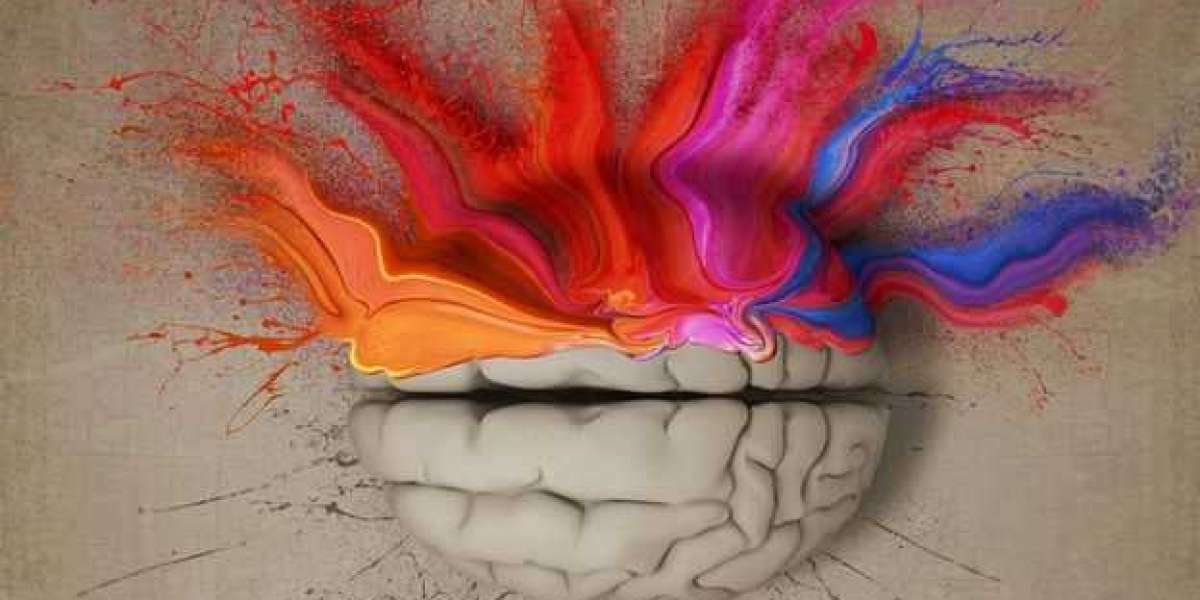Mental health affects a person's emotions, perception, behavior, and social relationships. It also influences the ability to cope with stress.
People with a mental illness are at greater risk of suicide, and their symptoms can interfere with everyday life. In addition, their physical health is often affected as well, due to the link between mental health and other chronic illnesses.
Stress
When we’re under stress, our body responds by making brain chemicals that cause our heart rate and breathing to increase, muscles to tense, and the “fight or flight” response to be activated.
However, the situations that trigger this reaction can vary from one person to another. They can include things that are perceived as threatening or dangerous, such as a threat to your safety or health, or things that are not perceived as threatening but put high demands on you, such as an intense work schedule or a rocky relationship.
While some stress is normal and can help us get through situations, chronic or intense stress can have a negative effect on your health and quality of life. It can also increase your risk of mental health problems.
Depression
Depression is a condition where you feel sad, hopeless and have lost interest in things that used to make you happy. It can last for weeks or months, and it can affect your work, social life and family relationships.
When symptoms are severe, it’s important to seek help from a health professional. They can diagnose depression and suggest treatment.
A medical evaluation will include an interview and a physical examination to check for general medical causes of the symptoms, like thyroid problems or a vitamin deficiency. It can also involve a blood test to rule out more serious illnesses.
Anxiety
Normally, when you feel anxious or worried, your brain floods your nervous system with chemicals and hormones designed to help you fight off a threat. This response helps keep your body safe from dangerous situations, and it can even boost your immune system temporarily.
However, when anxiety becomes chronic, it can have a major negative impact on your mental health. It can interfere with your daily activities and prevent you from functioning normally.
Anxiety can also affect your relationships. It can cause you to avoid social situations or people, or it can cause you to withdraw from friends and family.
Bipolar disorder
Bipolar disorder is a chronic condition that causes mood episodes. The episodes vary in length and severity.
The extreme changes in your mood (mania and depression) disrupt your work, relationships and daily routines. They can feel overwhelming and lead to self-destructive behavior.
Fortunately, treatment and support can help you manage your bipolar disorder, stay healthy and live a fulfilling life. Getting treatment early is the best way to avoid more serious mood episodes.
Medications, therapy and psychoeducation are the main ways people with bipolar disorder manage their condition. Taking your medications consistently, even when you're feeling well, can help you control your symptoms and prevent them from getting worse.
Schizophrenia
Schizophrenia is a serious mental health condition that affects how you think, feel and behave. It's a brain disorder that causes symptoms such as hallucinations (hearing voices), delusions (beliefs that are not true) and trouble organizing thoughts or speech.
People with schizophrenia may also hear voices that say they are being hurt or in danger. They may have problems focusing or paying attention, and they might be withdrawn socially.
The symptoms of schizophrenia typically appear in early adulthood and need to persist for six months before a diagnosis can be made. It's more common in men than women, but both can develop it.
Trauma
Trauma is a stressful or distressing event that can leave lasting effects on your physical and mental health. It can come in a variety of forms, including abuse, neglect, and traumatic injury or loss.
The body reacts to trauma by sending signals to multiple parts of the brain that activate a fight-or-flight response. This can cause a range of reactions from fear to anxiety and shock.
Most individuals are able to resolve their reactions without a severe long-term impact. But for those that do not, treatment can be effective.


